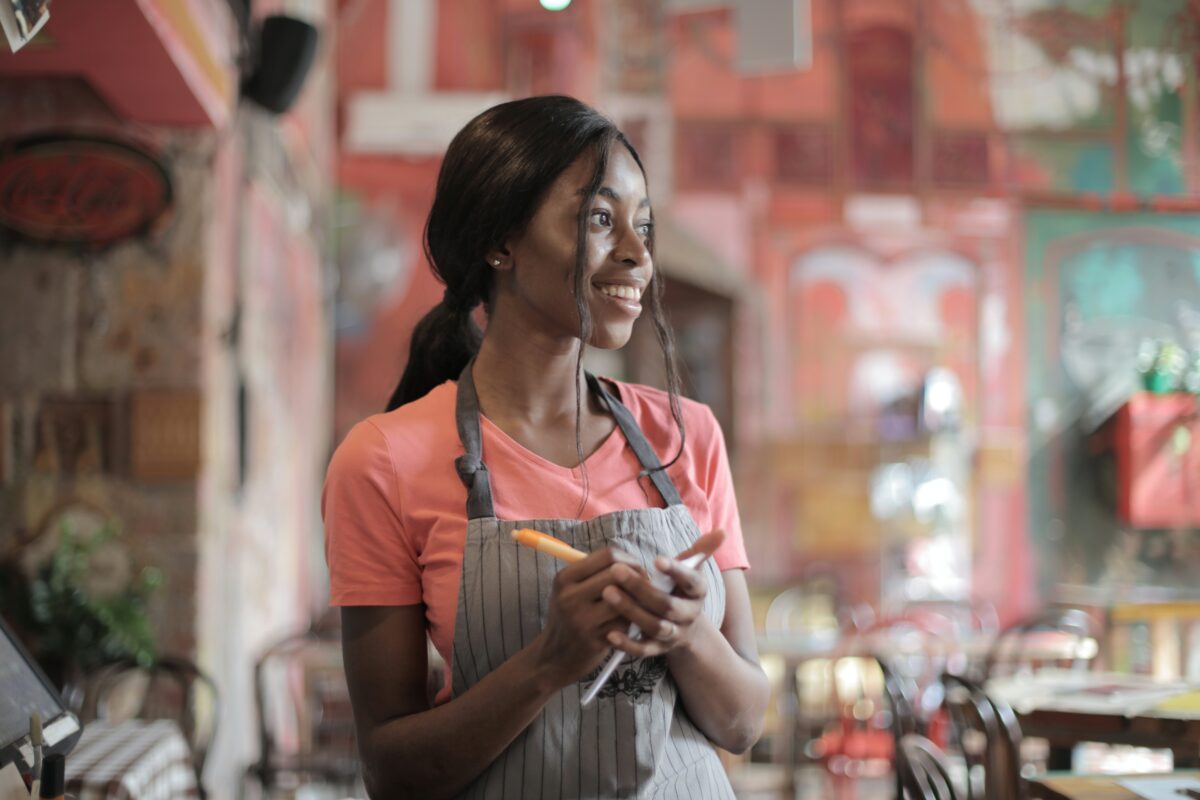Edit and Kin+Carta have released The Price of Admission report detailing some of the challenges and opportunities the hospitality sector faces post-COVID.
The report examines how hospitality venues can gain the upper hand in an intensely competitive environment, by increasing personalisation across their marketing communications.
As the last remaining COVID restrictions continue to disappear across the U.K, many businesses are focusing on reverting to their pre-pandemic ways. The report argues that by doing so, these businesses are missing the opportunity to provide a tailored customer experience through the use of good data collection and analysis.
Data Collection
Due to the regulations imposed on the industry during the pandemic, the increase in online ordering and payments allowed businesses to gather more data than ever before. Whilst the struggle with data analysis is prevalent in all businesses, irrespective of their size, the report stresses that “every hospitality business needs to focus on their value exchange and make it clear to customers that the data they collect is used to deliver better service.” Over the past two years, consumers have become accustomed to accessing menus, ordering food and making payments, all from their phone using a QR code. The report observes that the lack of impetus from venues to maintain this practice and use it to their advantage, renders this quality data useless if it is not analysed in order to gain actionable insight.
Understandably, some venues struggle to justify the cost of implementing the necessary on-site technology to collect this data and whilst devices with the ability to scan QR codes or membership cards are now more prevalent, the cost of rolling out this infrastructure is still large. Nevertheless, the report surmises that the long-term benefits can outweigh the initial cost. Moreover, whilst the report focuses on the way in which technology can be used to track customer data, it reiterates the importance of people. Anyone who forms part of the customer journey can play a key role in the collation of quality data by encouraging feedback from diners and asking questions where appropriate. This human interaction is an equally effective way to create a picture of customer preferences and tastes, whilst remaining cost-effective for smaller businesses.
“Without actionable insight, venue-based businesses will continue to struggle to keep up with demand and feel forced to adjust prices in order to backfill capacity.”
Value Exchange
The sticking point for many businesses lies in a customer’s willingness to share their information. The report acknowledges that customers aren’t going to share their information for “free,” noting that 1 in 4 customers are concerned about how companies use their data. To counteract this hesitance, the report advises capturing data in a way that is friction-free. In other words, emphasising the mutual benefit of a value exchange in data between a business and a consumer. In so doing, customers will accept that to make a service more personalised and relevant, a business needs to know more about them.
The two key motivators for the promotion of customer data sharing are ease and benefit. Nevertheless, a consumer is unlikely to go through the inconvenience of downloading and registering themselves on an app, without some form of incentive. The report advises against relying solely upon the discount model, as it can lead to a business being pigeonholed as ‘discounted’ for years to come and instead deems the pursuit of strategic data collection as vital.
Casual dining spaces are best equipped to navigate this through the provision of WiFi for consumers. By providing this, businesses have the opportunity to collate data about a diner’s spending habits. However, the report argues that this could be taken further if it could be understood why the booking was made or if the diner enjoyed the meal. They argue that this information is in fact more valuable as it provides insight into regular/returning customers and how to maintain the frequency of their business.
Personalised Success
By assessing the potential of the data collected, businesses have the opportunity to understand their consumers better. This then leads to a more personalised experience for the consumer, such as offering vegan options or highlighting new vegan additions to the menu, to a customer who has ordered vegan food during their last few visits. Comparatively, this data will allow businesses to identify who not to target, such as not sending a promotion about a ‘Steak Night’ to that same consumer.
The hospitality sector finds itself at an interesting crossroads as people seek to reconnect socially after long periods of isolation, hoping to enjoy new and old experiences together. Personalisation offers the chance to improve brand loyalty, incremental spending and off-peak demand; many of the challenges the sector has always battled against.
Whilst there is no single ‘quick-fix’ to the problems the industry is facing, the report concludes that a forward-thinking outlook that brings together the required technology, strategic competence and skill to collect data and create actionable insights, is the only way to bring businesses out of the dark.
“Organisations today have vast amounts of data about customer behaviour, order history, online activity, and app usage. Combining this data gives rise to new opportunities.”
You can read more from the report here and keep up to date with other industry insights here.






 Featured Training
Featured Training
OUR MEMBERSHIP
We're here to help make your catering business a success. Whether that be starting up or getting on top of your compliance and marketing. We're here to help you succeed.
Want our latest content?
Subscribe to our mailing list and get weekly insights, resources and articles for free
Get the emails